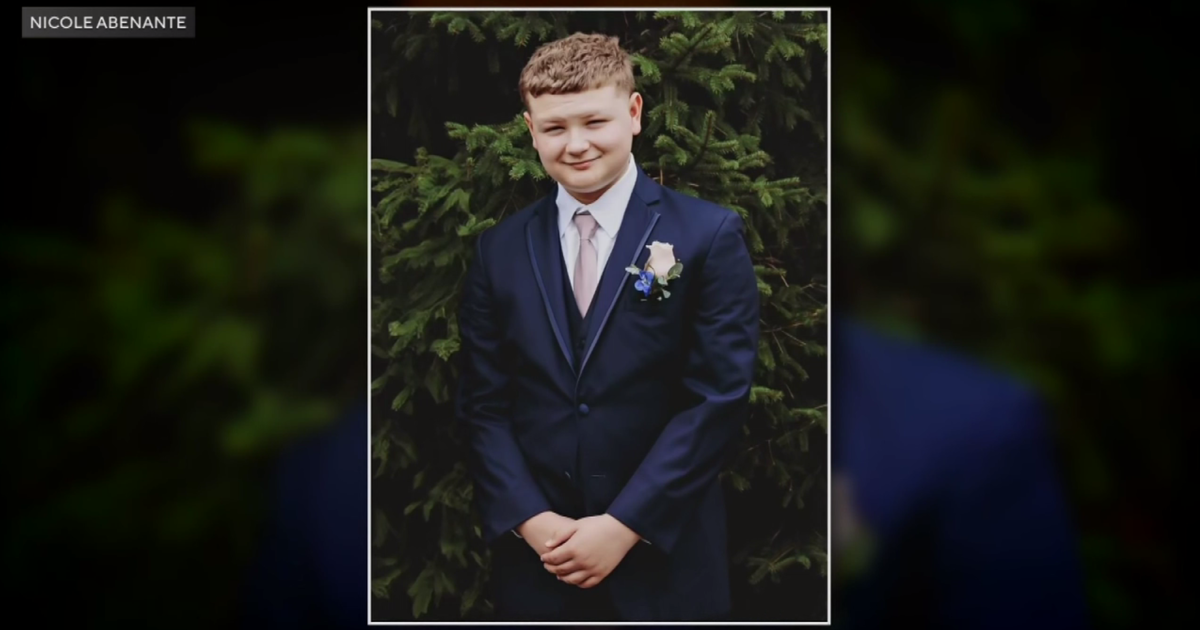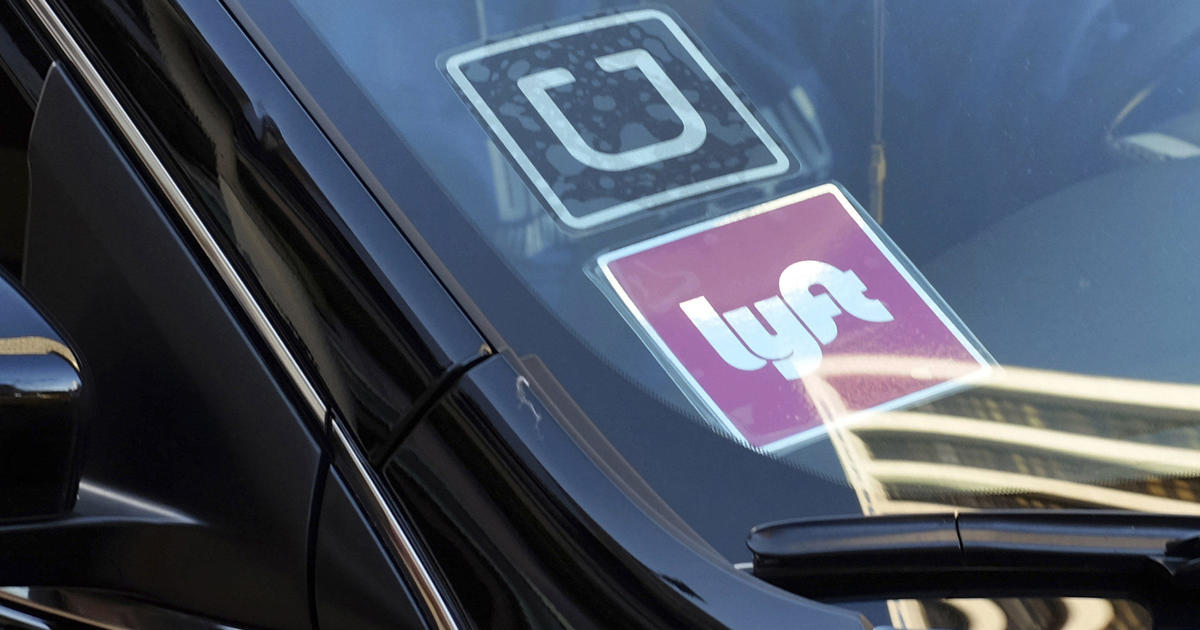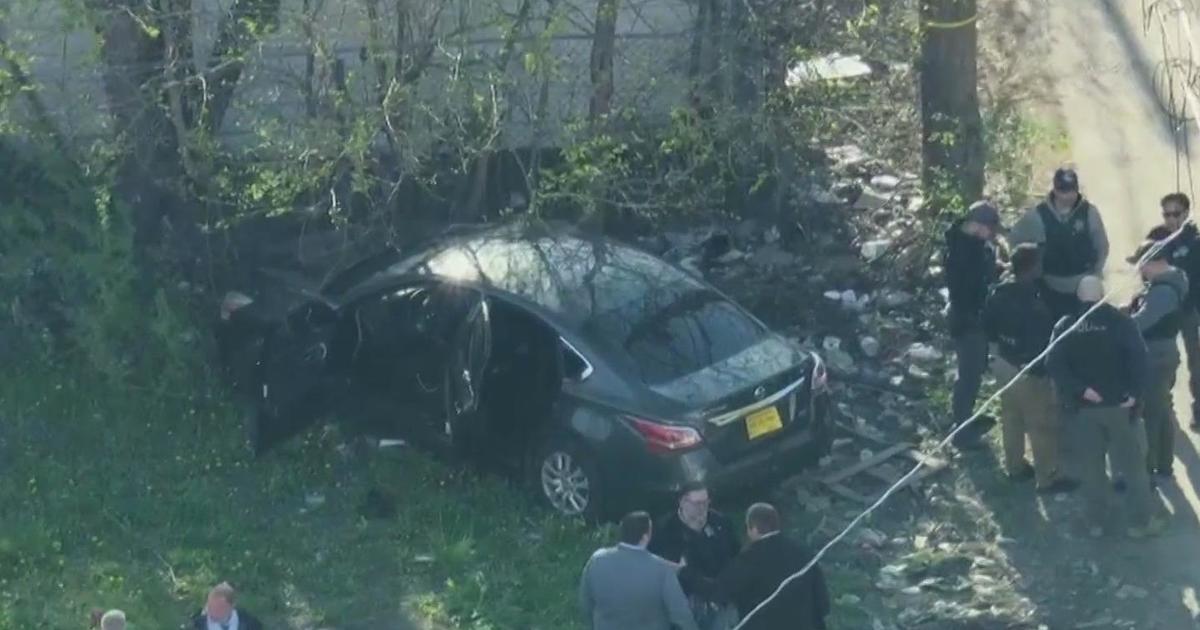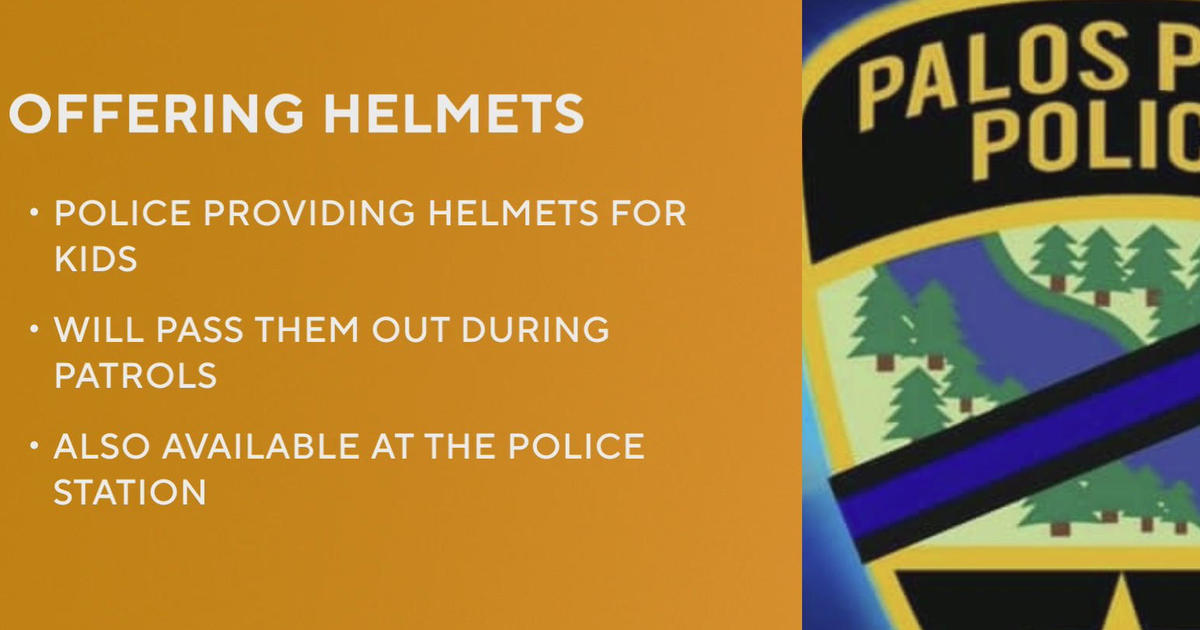Moderna Says Third COVID-19 Shot Will Likely Be Necessary This Fall, But Some Chicago Doctors Don't Agree It's Needed Yet
CHICAGO (CBS Chicago/CBS Boston) -- A third shot in the arm of COVID-19 vaccine?
That is what Moderna suggested Thursday for this fall as cases rise.
"We believe that increased force of infection resulting from Delta, non-pharmaceutical intervention (NPI) fatigue, and seasonal effects (moving indoors) will lead to an increase of breakthrough infections in vaccinated individuals," the Cambridge, Massachusetts-based company said in a presentation on earnings released Thursday.
In a separate announcement Thursday, Moderna said its vaccine is 93-percent effective against the coronavirus six months after people get the second dose.
But in the earnings presentation, the company said it expects "neutralizing titers will continue to wane and eventually impact vaccine efficacy."
In other words, Moderna admits Delta is a new threat that needs to be monitored carefully and could impact the durability of the vaccine.
"Given this intersection, we believe dose 3 booster will likely be necessary prior to the winter season," the company said in its presentation.
Later it was noted that, "We believe a booster (dose 3) is likely to be necessary this fall, particularly in the face of Delta."
The booster test doses are 50 micrograms, which is half of Moderna's 100-µg standard shot.
Moderna said the clinical data "appears to support" the 50-µg dose, but they will wait for more data in the "coming weeks" to confirm it.
Moderna issued a transcript with slides from the call.
But as CBS 2's Tara Molina reported Thursday, some Chicago doctors do not quite agree with Moderna's assessment. They said booster shots could be coming – but not quite yet.
"I think that ethically, we're far from there," said Dr. Taylor Heald-Sargent.
Heald-Sargent, an infectious disease doctor at Lurie Children's Hospital, said indeed the fully vaccinated won't be rolling up their sleeves again in the very near future.
"At this point, scientifically, it's not seen as necessary," Heald-Sargent said.
Despite the announcement from Moderna and an earlier similar one from Pfizer on the possibility of the need for a booster shot, there is no such new recommendation from the Centers for Disease Control and Prevention, the Food and Drug Administration, or the World Health Organization.
"Seeing a decrease in antibody levels doesn't mean that the immune system has forgotten," Heald-Sargent said. "What Moderna and Pfizer have both shown is that their vaccine can protect us, and so we don't necessarily need a booster at this time."
Dr. Tempitope Oyedele, with Cook County Health, echoed that.
"The current vaccines that we have work very well, against even he Delta variant," Oyedele said.
Globally, Israel has a booster program running now – and some countries in Europe have followed suit. Those third shots are specifically for the elderly or immunocompromised.
That is not happening now in the U.S. Pharmacies and hospitals with which we checked are not giving third shots to vaccinated people.
Both doctors say while breakthrough cases are being reported, those concerned should keep this in mind, as Heald-Sargent put it: "We're not seeing severe disease in the vaccinated."
More than half of Chicago is vaccinated, but in Illinois there are still more than 3 million people who aren't.
The doctors said those people are the focus, and at highest risk, as studies on the possible need for booster shots continue.
"If there's data that suggests that a booster is helpful or is needed, then that recommendation will change quickly," Oyedele said.
"It's something we will continue to revisit," Heald-Sargent added.
The booster conversation isn't going way. Molina is told we could see a national recommendation at some point, but for now, the focus is on getting more people vaccinated in general.
Major public and private organizations agreed with the doctors' assessment. The CDC released the following statement – note that Pfizer and Moderna are mRNA vaccines, while the Janssen vaccine referenced in the statement is Johnson & Johnson:
"A patient is considered fully vaccinated ≥2 weeks after a 2-dose mRNA COVID-19 vaccine series or ≥2 weeks after a single dose of Janssen COVID-19 Vaccine. The need for and timing of COVID-19 booster doses have not been established. No additional doses are recommended at this time."
The Illinois Department of Public Health said:
"We look to FDA and CDC for COVID-19 vaccination recommendations and at this time nothing has changed. Illinois has built a robust vaccination infrastructure, which includes mass vaccination sites that could be opened and continued deployment of mobile vaccination teams. Providers, FQHCs, clinics, hospitals, and pharmacies are also set up to provide COVID-19 vaccinations."
CVS and Walgreens also issued statements saying they are going by guidance from the CDC and other officials. CVS said:
"Currently, the CDC considers people who have received the two-dose series of an mRNA vaccine (from Pfizer or Moderna) or the single dose Johnson & Johnson/Janssen vaccine to be fully vaccinated. The CDC is not recommending the administration of a booster dose at this time and we are following CDC guidance."
Walgreens said:
"Walgreens continues to follow federal CDC, state and local guidelines for the administration of COVID-19 vaccines, as we have throughout the pandemic. Per current CDC guidance, administration of a booster or additional doses of COVID-19 vaccines to fully vaccinated persons has not yet been approved. For specific questions about the currently authorized COVID-19 vaccines and clinical guidance for their use, we would encourage you to reach out to the CDC and FDA."
But Pfizer, echoing Moderna, said that while no coronavirus variant has escaped protection from the vaccine, there is evidence of a decline in protection against symptomatic infection over time that warrants research on boosters:
"Pfizer and BioNTech are driven by science to discover the best approaches to protect against COVID-19 and are confident in the protection and safety of the two-dose BNT162b2 COVID-19 vaccine. The vaccine continues to be highly efficacious in preventing COVID-19, including variants and to date, no variant, including Delta, appears to have escaped the protection of the vaccine. Furthermore, two doses of BNT162b2 continue to show high efficacy from preventing severe disease and hospitalizations.
"An ongoing analysis from the Phase 3 study has shown a decline in efficacy against symptomatic infection over time – from 95 percent at the first two months to low- to-mid-80 percent after 4-6 months post the second dose. Pfizer and BioNTech have put into place a robust booster research program to ensure that our vaccine continues to offer the highest degree of protection possible. Initial data of a third dose of the current vaccine demonstrates that a booster dose given at least 6 months after the second dose elicits high neutralization titers against the wild type and the Beta, which are 5 to 10 times higher than after two primary doses.
"The companies expect to publish more definitive data about the analysis and all accumulated data will be shared as part of the ongoing discussions with the FDA, EMA and other regulatory authorities in the coming weeks. In the event that a third dose with the current BNT162b2 vaccine is not found to protect against the delta variant or other future variants, Pfizer and BioNTech expect to be able to develop and produce a tailor-made vaccine against that variant in approximately 100 days after a decision to do so, subject to regulatory approval."
Johnson & Johnson issued a statement standing by the efficacy of its single-dose vaccine:
"Durability of immune response of a single dose of the Johnson & Johnson COVID-19 Vaccine has been measured up to 239 days to date and remains robust.
"We remain committed to helping end this deadly pandemic as quickly as possible. A single-shot vaccine that provides protection and prevents hospitalization and death is an important tool in the global fight against COVID-19. Evidence from our Phase 3 ENSEMBLE study demonstrates the efficacy of the J&J single-shot COVID-19 vaccine, including against viral variants that are highly prevalent. Regardless of race and ethnicity, age, geographic location and comorbidities, these results remain consistent.
"In addition, Interim results from a Phase 1/2a sub-study published in the New England Journal of Medicine (NEJM) (n=20) showed that a single dose of the Johnson & Johnson COVID-19 vaccine provided two mechanisms of protection, both antibody and T-cell immune responses, against COVID-19 disease, which persisted through eight months after immunization, the latest timepoint recorded in the study so far."



